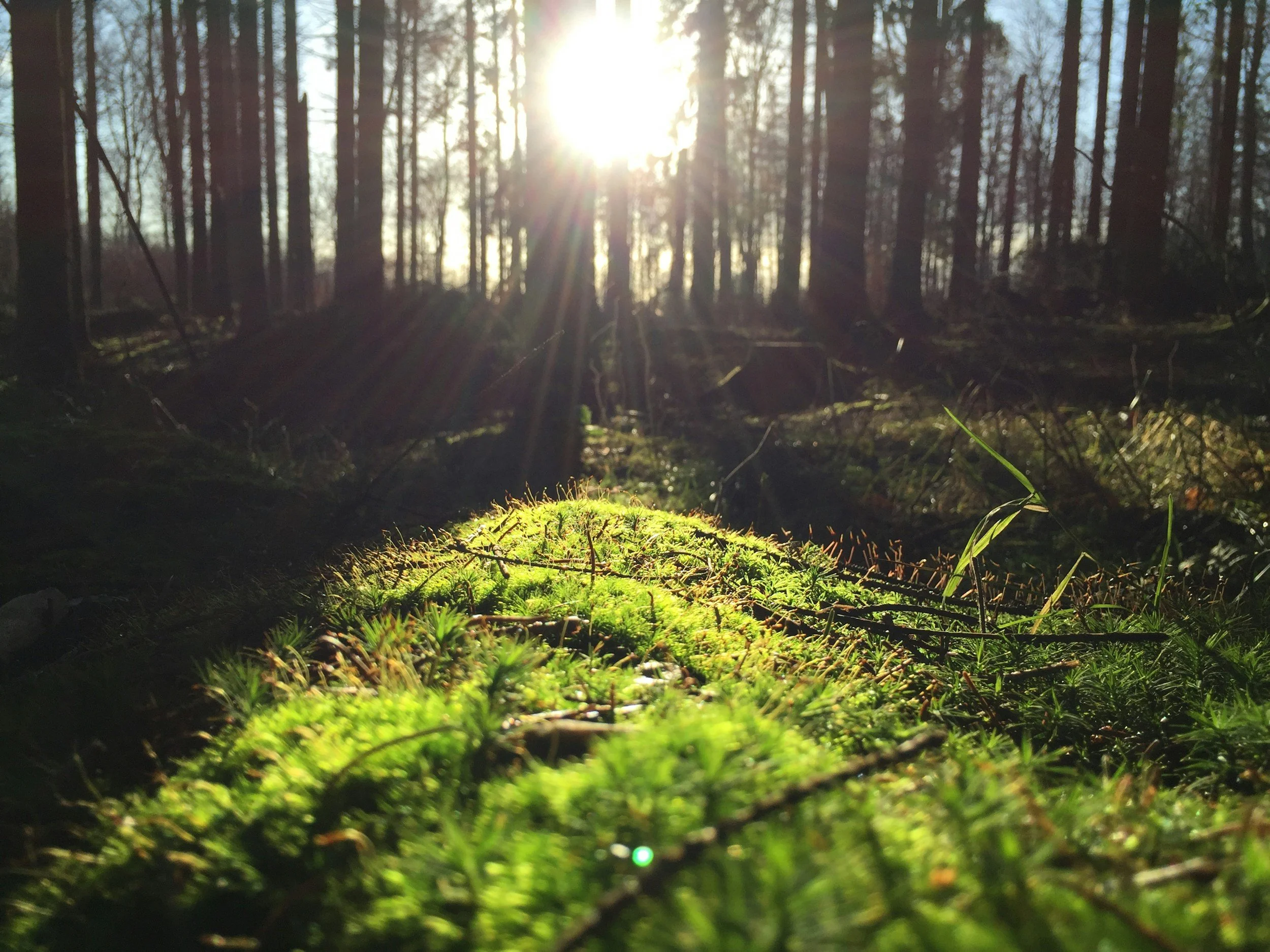A Guide to Natural Burials
At its crux, natural burial is about return. Unlike industrial funeral practices that delay decomposition and disrupt ecosystems, natural burials invite the body to reunite with the Earth with minimal intervention. Without embalming fluids, steel caskets, or concrete vaults, the body is free to begin the process of decomposition and offer sustenance to the land from which it came. This guide serves as an introduction to the logistical, legal, and ritual dimensions of natural burial, with the intention of providing a starting point for those seeking Earth-honoring end-of-life plans.
Why choose a natural burial?
Modern funeral methods typically involve dangerous chemicals, synthetic materials, and land use practices that pose significant environmental harm. By contrast, natural burials embrace rhythms of decomposition and regeneration, offering a way for the body to remain in relationship with the Earth long after death. Rather than resisting decay, natural burials welcome it as a vital process in which the body rejoins the land to begin the process of nourishing new life. For many, the choice to reduce environmental impact, lower funeral costs, and offer their body organically to the Earth not only feels sacred, but also deeply aligned with the values they lived by.
Planning Basics
For those who wish to be buried in the soil, resources like the Green Burial Council can help locate natural cemeteries. Some families choose to bring the burial closer to home, interring their loved one on private land. This path requires careful research and preparation, as state laws vary widely. Some jurisdictions require permits, death certificates, and GPS coordinates to be filed with local health departments, while others prohibit home burials entirely. Although soil internment is the most recognized form of natural burial, other Earth-honoring options exist, such as ocean burials, memorial stone transformation, and wilderness body donation.
Since natural burials eschew synthetic caskets, bodies are typically laid to rest in a cloth shroud or biodegradable box. Many families choose vessels crafted from meaningful, homemade, and compostable materials that allow the body to remain in close contact with the Earth.
The burial itself can take many forms and often involves a ceremonial component. Some natural burial ceremonies include planting native flowers or trees at the gravesite; others involve storytelling, poetry, reverent silence, shared meals, or celebration. There is no formula — each burial ceremony reflects the life, wishes, and values of the person it honors.
Planning and navigating natural burials can feel overwhelming, especially when facing unfamiliar legal, emotional, and logistical territory. Working with an eco-informed death doula can help you enshrine burial plans in advance directives, design personalized ceremonies, coordinate with funeral providers, and create space for reflection, ritual, and spiritual exploration.
Common Questions
Can I have a natural burial if I am working with hospice or a funeral home?
Yes. Hospice teams should not interfere with your choice of burial, as their involvement ends at the time of death. Many funeral homes are open to supporting natural burial, especially if your wishes have been clearly communicated in advance. That said, not all providers are familiar with the natural burial process and may struggle to honor your wishes. Having an advocate, like a family member or eco doula, can help ensure that your plans are honored with clarity and care.
Are natural burials legal everywhere?
No. Laws vary widely by state, county, and jurisdiction. While most U.S. states allow natural burial in some form, the availability of eco-conscious cemeteries or permissibility of private land burial is dictated by local health and zoning codes. It’s essential to do careful research or seek guidance to explore what’s possible.
Can I plan my own natural burial?
Yes, many people plan their own burials as part of the advance directive process. You can choose your burial site and outline your desires for ceremony and body care. Whether you’re planning alone or with the support of a death doula, taking time to carefully reflect, document, and plan can ease the burden on your loved ones and ensure that your wishes are carried out.
Final Thoughts
In consciously returning the body to the Earth, natural burials honor a relationship of reciprocity with the living world that endures long after physical death.
If you’d like support in planning a natural burial for yourself or someone you love, Earthbound Endings offers natural burial consultations and eco death doula services.


